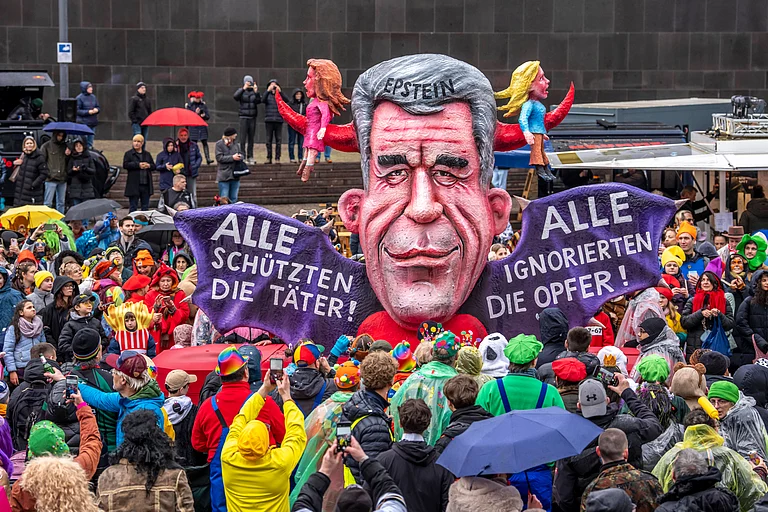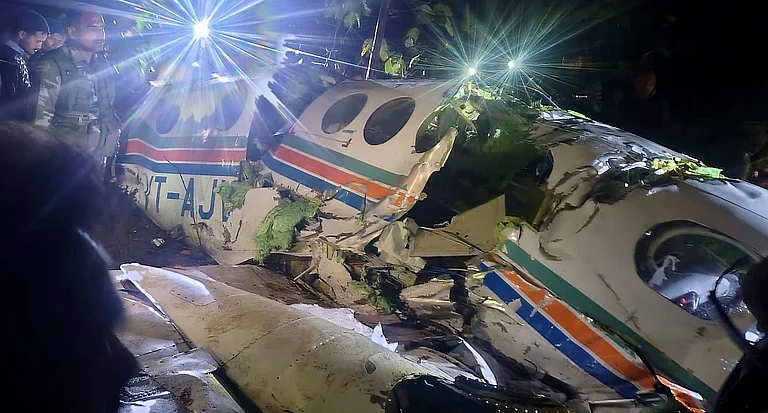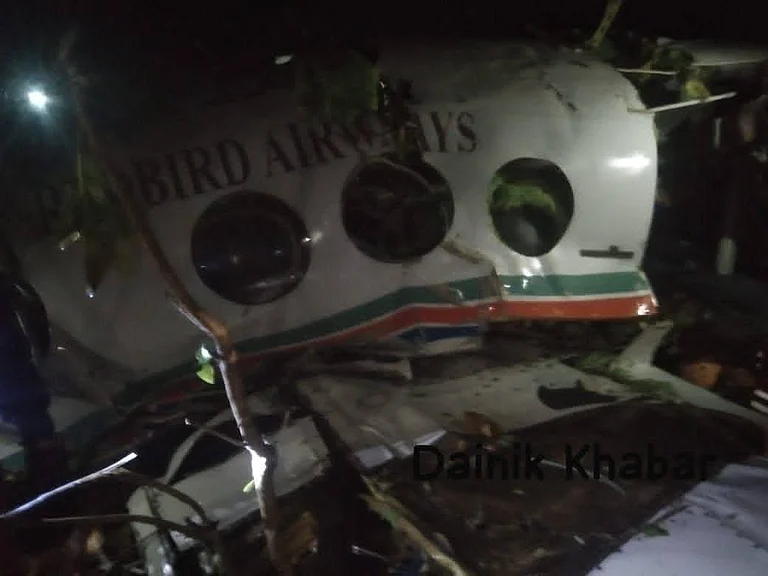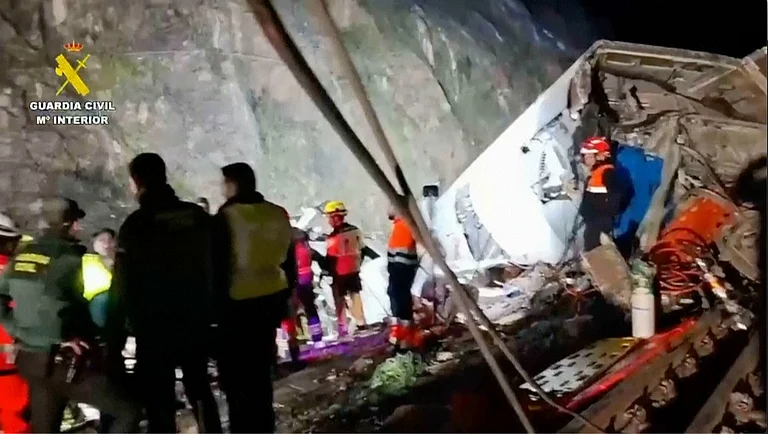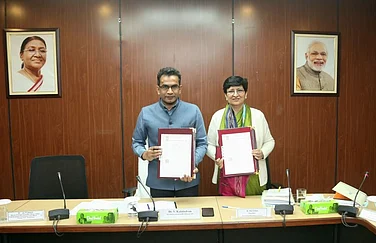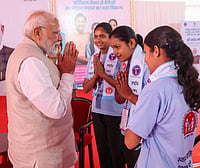Studies indicate that proper first response during the “Golden Hour” can decrease mortality by up to 30%. But despite Police Control Room (PCR) units typically being the first to arrive at crash scenes—and judicial officers playing a crucial role in legal adjudication—both groups have historically lacked comprehensive trauma response training.
To bridge this critical gap, SaveLIFE Foundation’s Jeevan Rakshak program, in collaboration with the South District Legal Services Authority (DLSA) and the World Health Organization (WHO), brought together over 50 judges for Basic Trauma Life Support (BTLS) training. Aimed at enhancing emergency response capabilities at road crash sites, the first-of-its kind session for the judges from the South and South-East District Courts of Delhi was conducted on May 17, 2025, at the Saket District Court Complex, coinciding with 8th UN Global Road Safety Week.
India reports approximately 1.72 lakh road crash fatalities annually, with pedestrians and two-wheeler riders accounting for the highest number of mishaps.
The comprehensive training covered vital emergency response techniques including cardiopulmonary resuscitation (CPR), bleeding control, and cervical spine (C-spine) immobilization. Participants also learned how to manage scene safety, assess victims, handle airway emergencies, and identify high-risk conditions like choking.
Shail Jain, District and Sessions Judge, South District noted, “This training marks a meaningful step toward enhancing the responsiveness and empathy of the justice system. By learning life-saving trauma response skills, judicial officers are better equipped to understand the realities on the ground and support the broader goal of saving lives.”
At the same time, Dr. B Mohammed Asheel, National Professional Officer for Injuries, Disabilities, Assistive Technology, and Rehabilitation at WHO praised the move saying that strengthening first response capabilities across sectors is essential to reducing preventable deaths from road traffic injuries. Involving judicial officers supports a multi-sectoral approach to emergency care — blending legal insight with public health and immediate action.
The training also included a legal component, educating participants on the Good Samaritan Law, its enforcement, key judicial precedents, and real-world case studies — helping bridge the gap between emergency response and legal processes.
Vivek Kumar Agarwal, Secretary, South DLSA was of the opinion that since judicial officers are not only interpreters of the law, but at times, first responders, basic trauma response knowledge empowers them to act swiftly when every second counts.
Piyush Tewari, CEO of SaveLIFE Foundation echoed similar views as he noted that every life lost on the road is a preventable tragedy. He said that by partnering with the judiciary, we’re bringing together two pillars of society — justice and compassion — for a shared goal: saving lives.
Nivedita Anil Sharma, District and Sessions Judge of the South District and Abhinav Singh, Secretary, South-East DLSA were among those who participated in the training.








